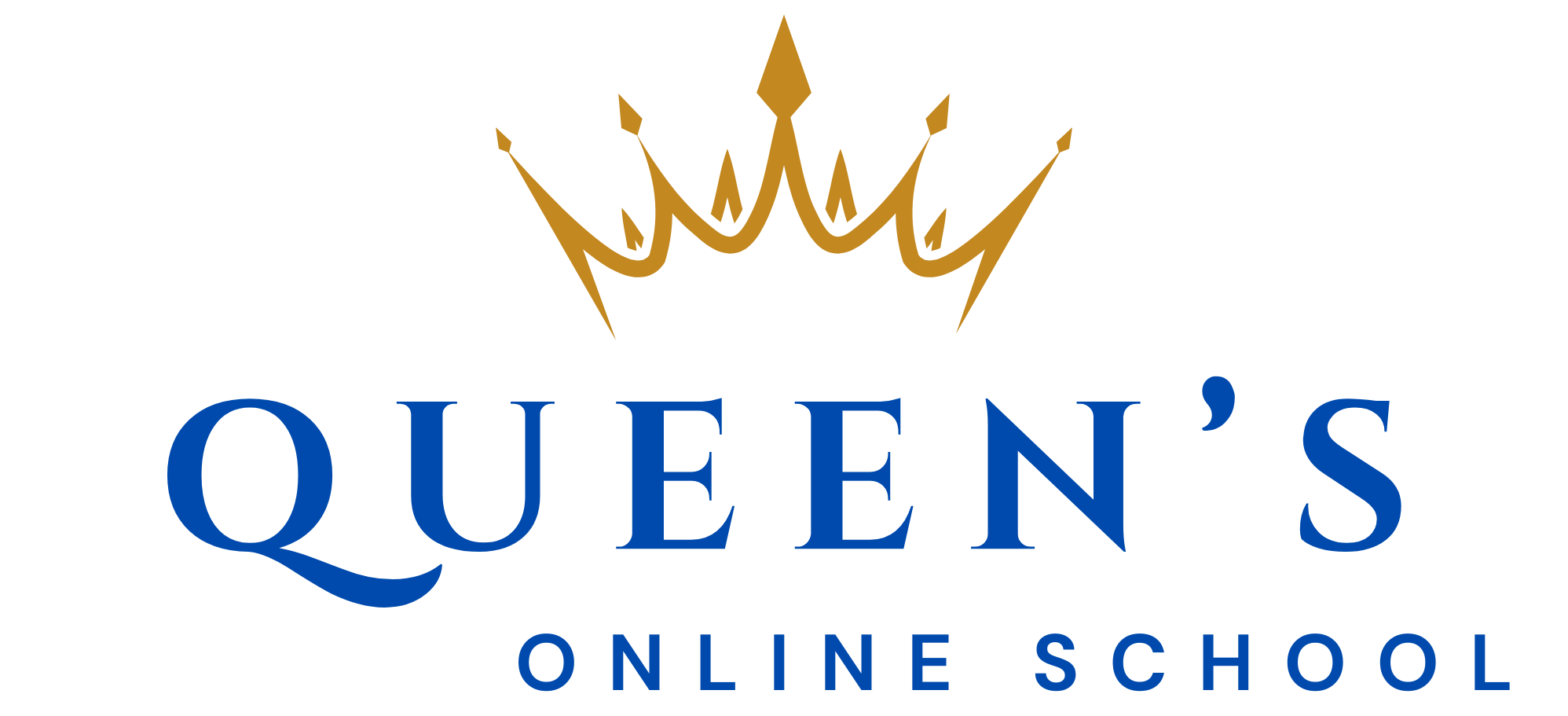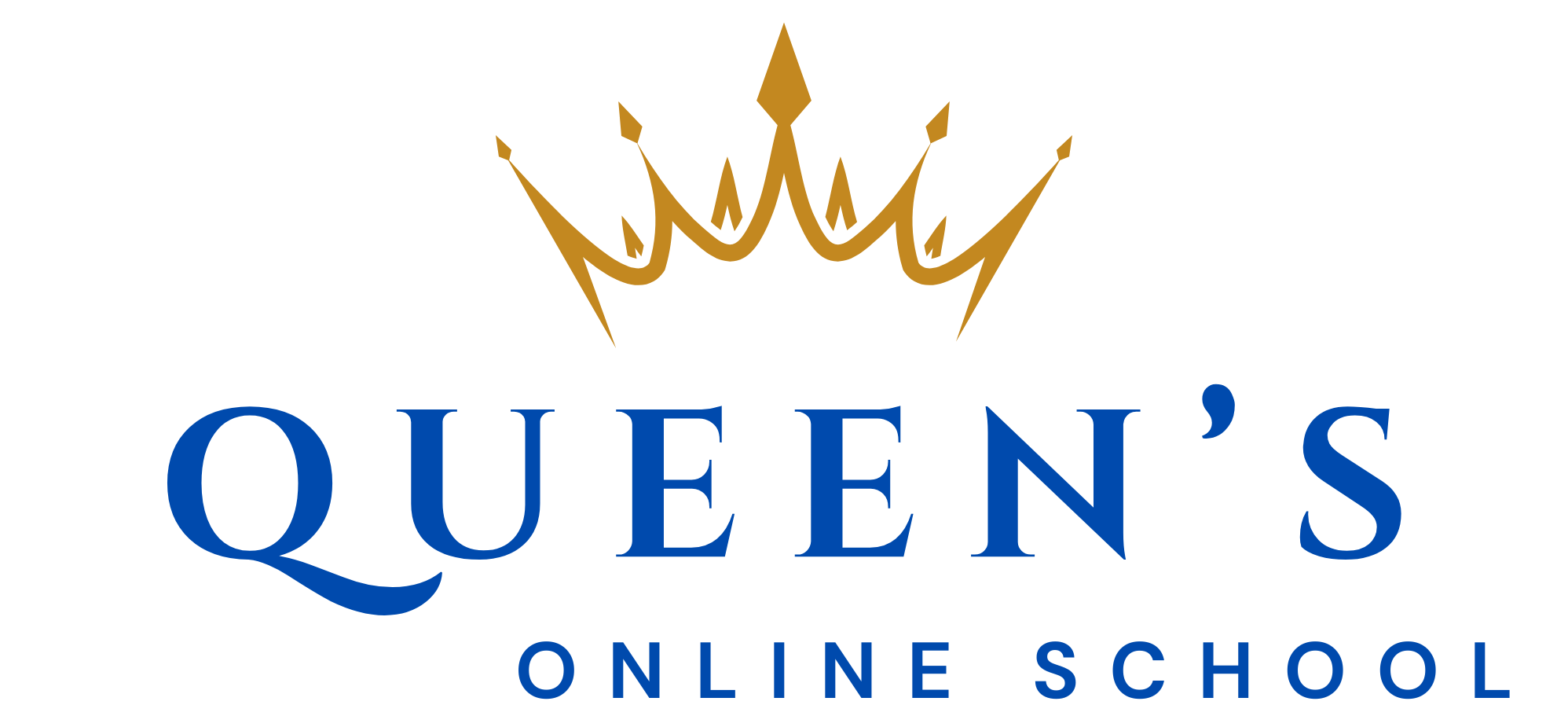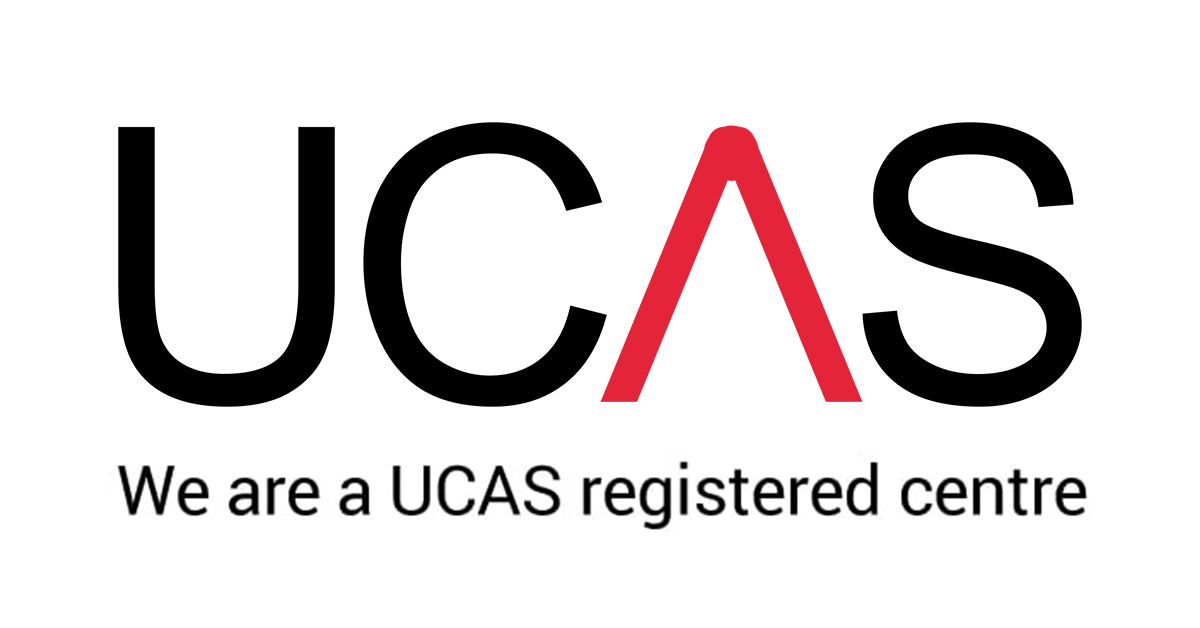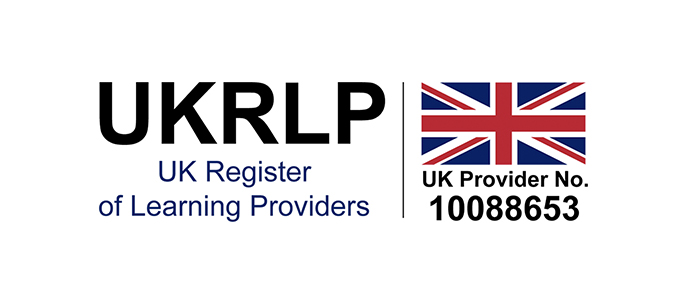International GCSE in Arabic
Pearson Edexcel – Qualification Code: 4AA1
Why Study This Course?
This course is ideal for students who:
· Are first-language Arabic speakers or have strong proficiency in Arabic.
· Wish to develop their reading comprehension, writing, and grammatical accuracy.
· Enjoy literature, creative writing, and textual analysis.
· Are interested in Arab culture, history, and contemporary issues.
Who is This Course For?
This course is suitable for students who:
· Are first-language Arabic speakers or have strong proficiency in Arabic.
· Wish to develop their reading comprehension, writing, and grammatical accuracy.
· Enjoy literature, creative writing, and textual analysis.
· Are interested in Arab culture, history, and contemporary issues.
The course covers ten key themes to ensure students engage with a variety of topics relevant to modern Arabic usage.
1. Youth Matters
- Challenges faced by young people.
- Social media and youth culture.
- Education and future aspirations.
2. Education
- School life and curriculum.
- The role of education in personal growth.
- Studying abroad and higher education choices.
3. Media
- The influence of social and traditional media.
- Journalism, news reporting, and fake news.
- The role of the press in modern society.
4. Culture
- Arabic literature and poetry.
- Art, music, and cultural traditions.
- Festivals and celebrations in the Arab world.
5. Sport and Leisure
- Popular sports in Arabic-speaking countries.
- The impact of physical activity on health.
- Traditional and modern leisure activities.
6. Travel and Tourism
- The importance of tourism in Arab economies.
- Famous landmarks and destinations.
- Sustainable tourism and environmental concerns.
7. Business, Work and Employment
- Career aspirations and job opportunities.
- The impact of globalisation on Arabic-speaking economies.
- Work-life balance and job satisfaction.
8. Environment
- Climate change and sustainability.
- Water conservation and desertification.
- Pollution and green initiatives.
9. Health
- Healthy lifestyles and nutrition.
- The healthcare system in Arab countries.
- Mental health awareness and societal attitudes.
10. Technology
- The impact of technology on daily life.
- AI, automation, and the future of work.
- Cybersecurity and ethical concerns.
The course places strong emphasis on Arabic grammar and linguistic precision, ensuring students master complex structures.
Key Grammar Topics Include:
- Noun Declensions (Singular, Dual, Plural, Broken Plurals).
- Verb Conjugations (Perfect, Imperfect, Imperative).
- Sentence Structures (Nominal and Verbal Sentences).
- Definite and Indefinite Articles.
- Complex Sentence Constructions (Relative Clauses, Conditionals, Subjunctive Mood).
- Passive and Active Voice.
- Use of Prepositions and Conjunctions.
The course assesses students based on the following objectives:
| Objective | Description | Weighting |
|---|---|---|
| AO1 | Read and understand a range of texts, selecting and interpreting information, ideas, and opinions | 44% |
| AO2 | Communicate effectively in writing, using appropriate language, structure, and style | 40% |
| AO3 | Demonstrate understanding of Arabic grammar and language structures | 16% |
Strong Preparation for A-Level and Beyond
This course provides a solid foundation for A-Level Arabic, preparing students for higher education in Arabic studies, translation, and linguistics.
Recognition by Top Universities
The Pearson Edexcel International GCSE in Arabic (First Language) is widely recognised by universities and employers worldwide, demonstrating fluency and literacy in Arabic.
Development of Critical Thinking and Writing Skills
Students develop analytical, interpretative, and evaluative skills, which are essential for academic success and professional careers.
Course Structure
The qualification consists of two externally assessed written papers:
Paper 1: Reading, Summary and Grammar (60%)
Exam Duration: 2 hours 15 minutes
Assessment Format: External examination
Skills Assessed:
- Understanding texts from a variety of sources (articles, stories, opinion pieces).
- Analysing writers' techniques, style, and structure.
- Summarising key points from a given text.
- Demonstrating grammatical knowledge and accuracy.
Assessment Overview:
- Reading Comprehension (49 marks) – Answering short and extended-response questions on two texts.
- Summary Task (6 marks) – Writing a concise summary of a given passage.
- Grammar Section (20 marks) – Answering questions on Arabic grammar, sentence structure, and language usage.
Paper 2: Writing (40%)
Exam Duration: 1 hour 30 minutes
Assessment Format: External examination
Skills Assessed:
- Writing clear, structured, and engaging responses in Arabic.
- Using correct grammar, vocabulary, and punctuation.
- Tailoring writing style to suit different audiences and purposes.
Assessment Overview::
- Extended Writing Tasks (50 marks) – Two written pieces from a choice of three topics.
- Students must write approximately 300 words per response.
- Writing tasks may include narrative, descriptive, argumentative, persuasive, or informative essays.






